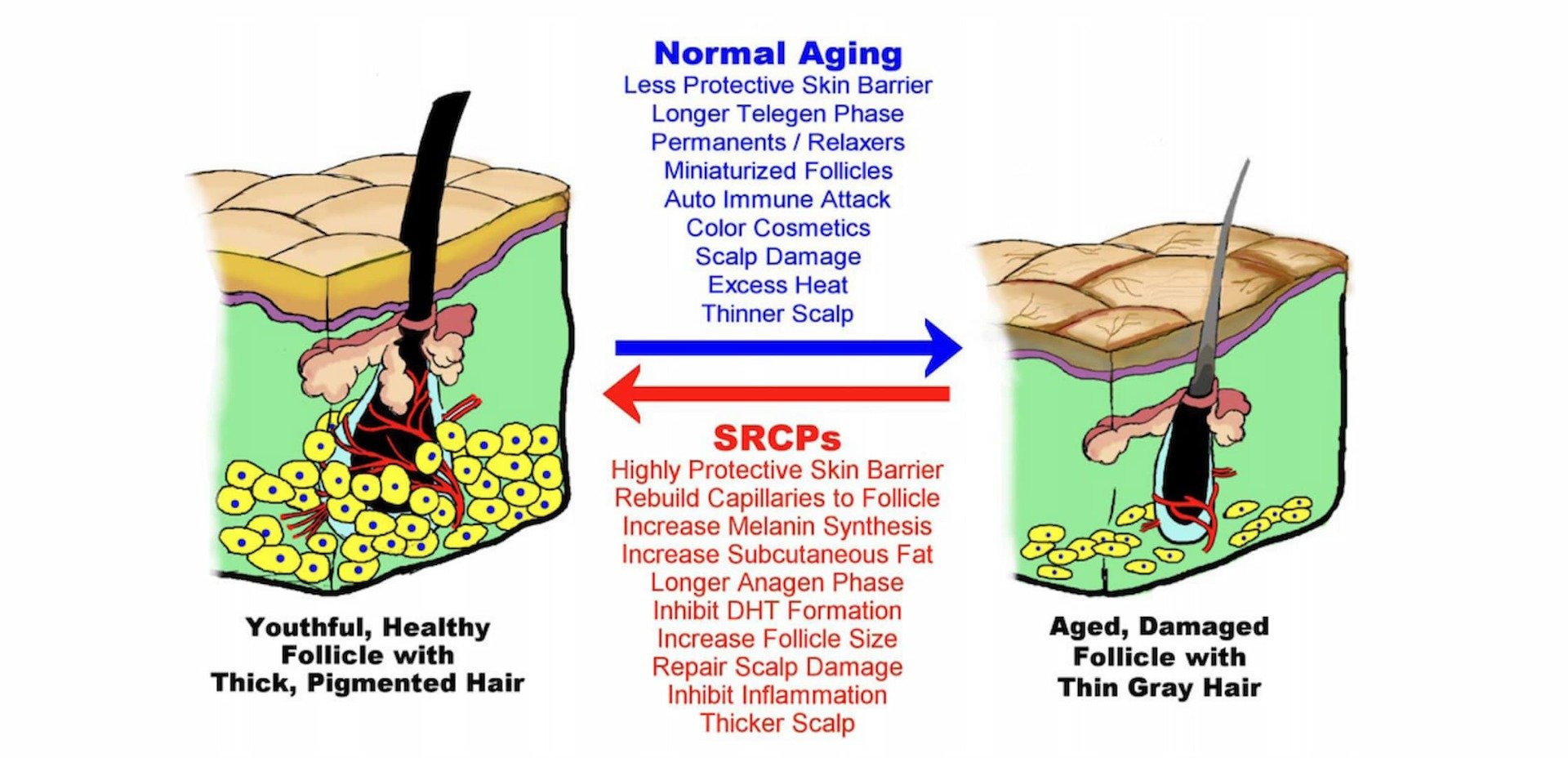Does anyone have experience with GHK-CU? Will it have a significant impact on DHT or E2?
My dermatologist is prescribing the use of a chemical peel on some precancerous spots. After the two-week treatment, it will take up to four weeks for new skin to grow into the area. I'm considering using GHK-CU during that period. But I'm also wondering what it will do to my DHT and E2. I've read where GHK-cu helps grow back hair.
My dermatologist is prescribing the use of a chemical peel on some precancerous spots. After the two-week treatment, it will take up to four weeks for new skin to grow into the area. I'm considering using GHK-CU during that period. But I'm also wondering what it will do to my DHT and E2. I've read where GHK-cu helps grow back hair.


















